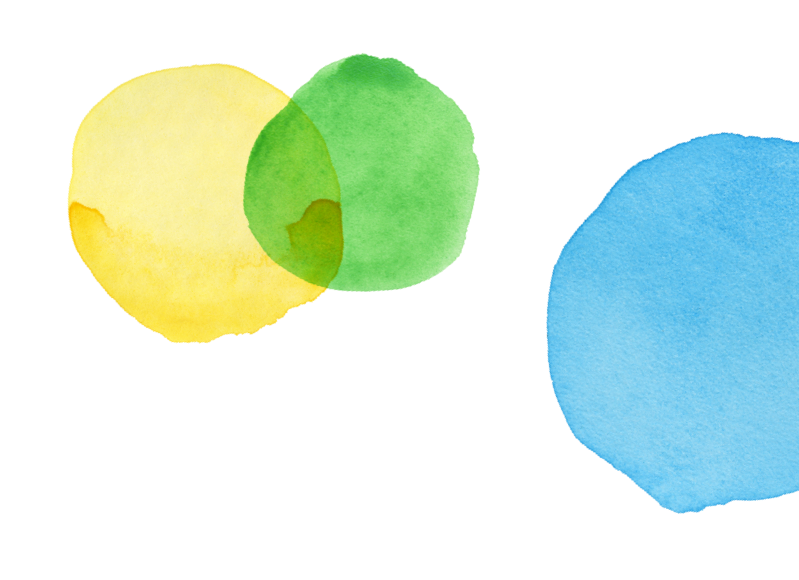Grade 7 - Claim 1 - Target B

 Back to Results
Back to ResultsMathematics
Target B
Apply and extend previous understandings of operations with fractions to add, subtract, multiply, and divide rational numbers
Sample Item
Grade 7Test
Claim 1
Concepts and Procedures
Standards
NS-1
Apply and extend previous understandings of addition and subtraction to add and subtract rational numbers; represent addition and subtraction on a horizontal or vertical number line diagram.
NS-1a
Describe situations in which opposite quantities combine to make 0. For example, a hydrogen atom has 0 charge because its two constituents are oppositely charged.
NS-1b
Understand p + q as the number located a distance |q| from p, in the positive or negative direction depending on whether q is positive or negative. Show that a number and its opposite have a sum of 0...
NS-1c
Understand subtraction of rational numbers as adding the additive inverse, p – q = p + (-q). Show that the distance between two rational numbers on the number line is the absolute value of their difference, and apply...
NS-1d
Apply properties of operations as strategies to add and subtract rational numbers.
NS-2
Apply and extend previous understandings of multiplication and division and of fractions to multiply and divide rational numbers.
NS-2a
Understand that multiplication is extended from fractions to rational numbers by requiring that operations continue to satisfy the properties of operations, particularly the distributive property, leading to products such as (-1)(-1) =...
NS-2b
Understand that integers can be divided, provided that the divisor is not zero, and every quotient of integers (with non-zero divisor) is a rational number. If p and q are integers, then -(p/q) = (-p)/q = p/(-q). Interpret...
NS-2c
Apply properties of operations as strategies to multiply and divide rational numbers.
NS-2d
Convert a rational number to a decimal using long division; know that the decimal form of a rational number terminates in 0s or eventually repeats.
NS-3
Solve real-world and mathematical problems involving the four operations with rational numbers.
Clarifications
Tasks for this target will require students to add and subtract rational numbers, including problems that connect these operations to distance between numbers on a number line, and the concept of absolute value as...
Range Achievement Level Descriptors
Evidence Required
1
The student interprets rational number values on a number line, including modeling addition and subtraction expressions.
2
The student applies properties of operations as strategies to add and subtract rational numbers.
3
The student applies properties of operations as strategies to multiply and divide rational numbers.
4
The student converts from a fractional form of rational numbers to a decimal form of rational numbers.
5
The student solves real-world and mathematical problems involving the four operations with rational numbers.
Item Guidelines

Depth of Knowledge
M-DOK1
Recall includes the recall of information such as fact, definition, term, or a simple procedure, as well as performing a simple algorithm or applying a formula. That is, in mathematics a one-step, well-defined, and straight algorithmic procedure should be...
M-DOK2
Skill/Concept includes the engagement of some mental processing beyond a habitual response. A Level 2 assessment item requires students to make some decisions as to how to approach the problem or activity, whereas Level 1 requires students to demonstrate a...
Allowable Item Types
- Graphing
- Multi-Select, multiple correct response
- Equation/Numeric
- Multiple Choice, single correct response
Allowable Stimulus Materials
number lines, positive and negative rational numbers, tables
Key/Construct Relevant Vocabulary
rational numbers, absolute value, positive, negative, additive inverse, sum, difference, terminating decimal, repeating decimal, integer
Allowable Tools
None
Target-Specific Attributes
This target emphasizes both the understanding of operations and the ability to do calculations with rational numbers.
Accessibility
Item writers should consider the following Language and Visual Element/Design guidelines [1] when developing items. Language Key Considerations: Use simple, clear, and easy-to-understand language needed to assess the construct or aid in the understanding of the...
Development Notes
7.NS.A.2a Interpret products of rational numbers by describing real-world contexts will be addressed in Claim 2. Tasks for Claim 3 related to this target will incorporate student understanding of zero as a divisor, quotients of...


Task Models
Task Model 1a

Item Types
GraphingDepth of Knowledge
M-DOK2Standards
NS-1b
Target Evidence Statement
The student interprets rational number values on a number line, including modeling addition and subtraction expressions.
Allowable Tools
None
Accessibility Note
Graphing items are not currently able to be Brailled. Minimize the number of items developed to...
Task Description
Prompt Features: The student is prompted to construct a model on the number line that corresponds to given information. Stimulus Guidelines: Item difficulty can be adjusted via these methods: Mathematical operations involving addition and subtraction are easier...
Stimulus
The student is presented with a number line with a labeled point at a rational number.
Example 1
Example Stem: What numbers are located exactly units from point P on the number line?
Use the Add Point tool to plot the location of these numbers on the number line.

Interaction: Add Point and Delete tools should be provided for students to plot points on the number line containing snap-to regions at every tick mark.
Rubric: (1 point) The student plots the exact location of both points (e.g., -and 1).

